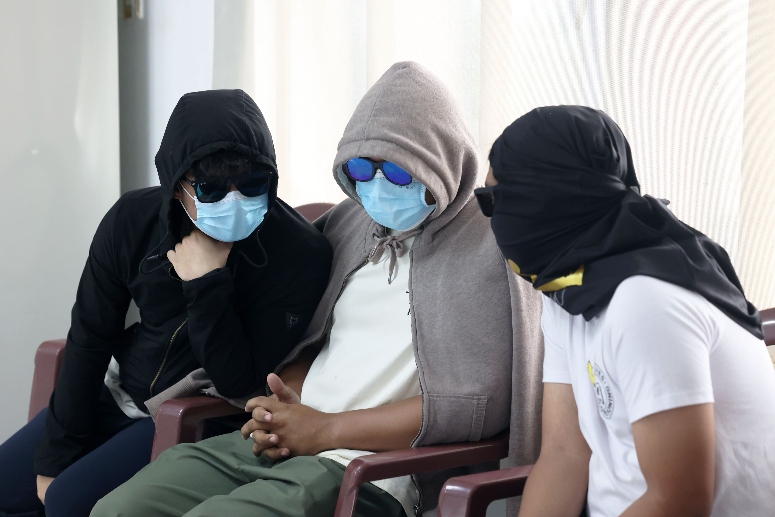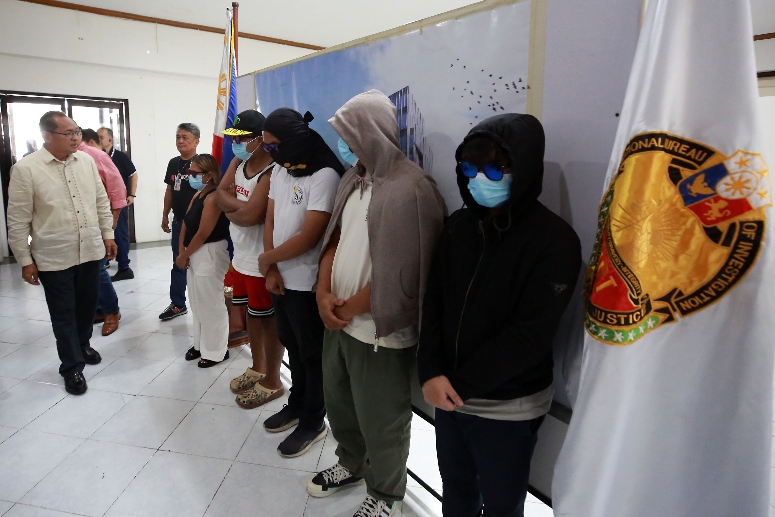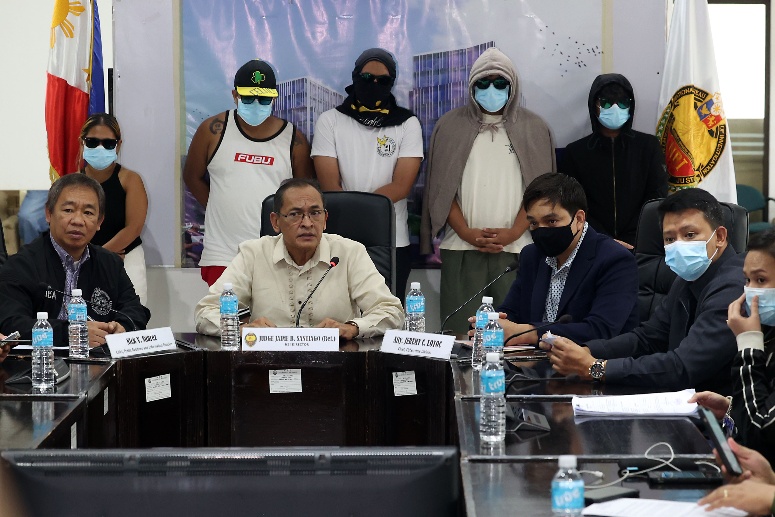NBI arrests three suspects for allegedly hacking government websites, banks
The National Bureau of Investigation (NBI) arrested three individuals in connection to the alleged hacking of private and government websites, banks, and Facebook accounts.
According to a press release issued by the NBI on June 21, the suspects—including a data officer of a media organization, a cybersecurity researcher, and a graduating student—were arrested following recent incidents that involved multiple unauthorized access attempts and breaches of private and government pages.
The bureau's Cybercrime Division (CCD) first tracked the movements of the identified hackers with aliases such as 'kangkong,' 'Mirasol,' 'Sibat,' 'Ricardo Redoble,' and 'lulu.'

Operatives also monitored online activities to establish patterns and connections linked to the hackers' actions. These were gathered from various sources like social media, forums, and public databases.
Authorities eventually managed to get in contact with the hackers on June 14 through an informant. They agreed to meet and told the informant that the hackers had a project they were hoping to include him in, and that further details will be discussed during their meeting.

On June 17, the hackers sent a compressed file containing a database to the informant, as well as hacked Facebook accounts that include email addresses and passwords two days later.
After setting up a meeting at a hotel in Manila two days later, the NBI-CCD operatives arrested the suspects, who were found to have accessed databases from various government websites along with data related to hacked banks including Philippine National Bank, Security Bank, Banco de Oro, and UnionBank.

"These highlight the extent of the digital assets and sensitive information accessed by the subjects, pointing to potential cybersecurity breaches and illegal activities," the NBI stated.
They were also identified to be members of two big hacking groups, namely, Philippine Lulzec and Globalsec.
The subjects, along with two scammers, are now facing charges of Illegal Access and Misuse of Device under the Cybercrime Prevention Act of 2012, as well as Unauthorized Access or Intentional Breach under the Data Privacy Act of 2012.


